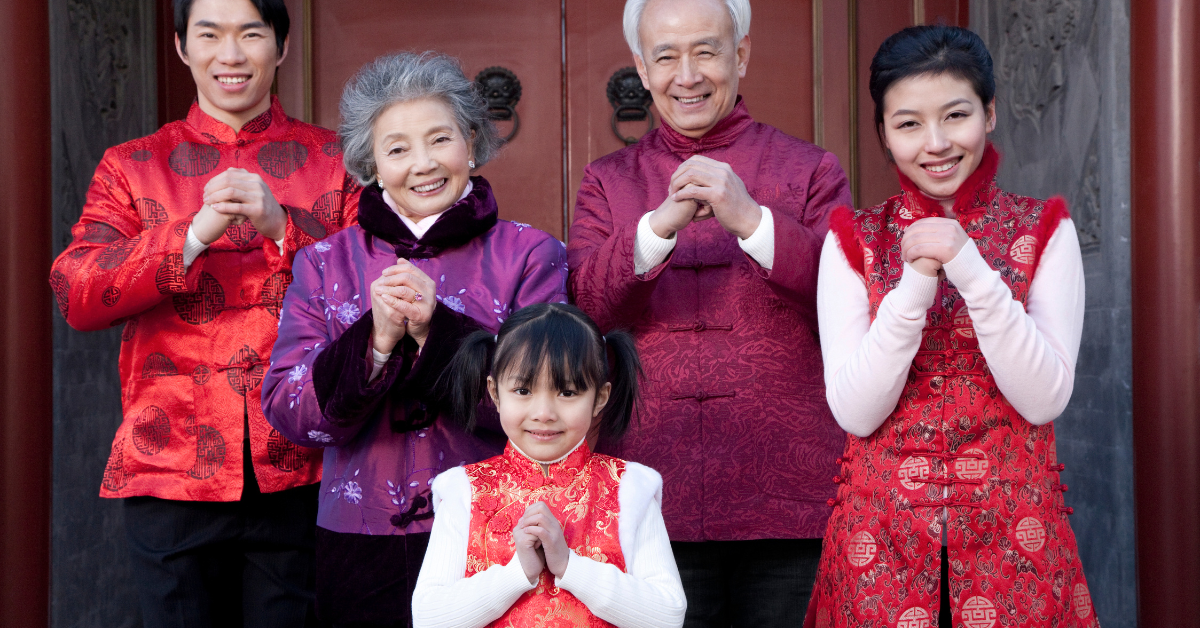The image that Japanese people have of Chinese people has been shaped by historical background, economic activity, and daily interactions. Positive and negative evaluations coexist, making it difficult to describe in simple terms. This article explores Japanese impressions of Chinese people from multiple perspectives.
Positive Images of Chinese People
Hardworking and Resilient
One of the positive images is that Chinese people are seen as hardworking and persistent in their efforts. They are often praised for their ability to achieve results even in challenging environments. In business, they are recognized for making quick decisions and acting boldly, while their willingness to take risks is appreciated as well. In addition, many Chinese families place great emphasis on education, investing heavily in their children’s learning. This strengthens the Japanese perception of Chinese people as a diligent nation.
Japanese Impressions of Chinese People’s Hardworking Nature
| Aspect | Positive Evaluation | Notes |
|---|---|---|
| Education | Studious and focused | Many students abroad perform excellently |
| Business | Energetic and business-minded | Strong entrepreneurial spirit |
| Daily Life | Strive to improve their lifestyle | Dedication to supporting their families |
Valuing Family
Another positive impression is that Chinese people place great importance on family and kinship. While Japanese people also value family, the Chinese emphasis on filial piety and family bonds is especially strong. Decisions about marriage or work are often made with family considerations in mind, which gives Japanese the impression that Chinese people are community-oriented and supportive.
Japanese Positive Impressions of Chinese Views on Family
| Item | Chinese Characteristics | Japanese Evaluation |
|---|---|---|
| Parent-Child Relationship | Strong respect for parents | Seen as warm and trustworthy |
| Extended Family | Strong ties with relatives | Viewed as supportive culture |
| Sense of Belonging | Treat friends like family | Appreciated for valuing connections |
Negative Images of Chinese People
Differences in Public Etiquette
On the other hand, one of the negative impressions Japanese people hold is related to differences in public etiquette. In Japan, people are accustomed to queuing, speaking quietly, and keeping public areas clean. In China, however, attitudes toward such behavior vary by region and generation. Actions such as speaking loudly or littering are often noticed and may leave Japanese with negative impressions. Still, awareness of etiquette is growing in urban areas, and younger generations tend to behave more in line with international standards. Thus, the image that all Chinese people lack manners is considered an exaggeration influenced by selective reporting.
Strong Patriotism Leading to Friction
Chinese people are often perceived as displaying strong patriotism. While national pride itself is natural, when it comes to international issues, Japanese sometimes feel that Chinese expressions appear overly emotional. In debates on history or territorial issues, this strong expression can be seen as confrontational, making some Japanese feel that discussion is difficult. However, it is important to recognize that patriotism is not unique to China but is shaped by education and social environment.
Japanese Impressions of Chinese Patriotism
| Item | Positive Evaluation | Negative Evaluation |
|---|---|---|
| National Pride | Confidence in their country | Prone to international conflicts |
| Expressing Opinions | Clear and direct | Sometimes appears emotional |
| International Presence | Strong global influence | Perceived as lacking consideration for others |
The Dual Nature of Impressions
Japanese perceptions of Chinese people are dual in nature: the same characteristics may be judged positively or negatively depending on context.
The Dual Nature of Japanese Impressions of Chinese People
| Aspect | Positive | Negative |
|---|---|---|
| Hardworking | Persistent, results-oriented | Sometimes seen as lacking cooperation |
| Human Relations | Value family deeply | May seem too inward-looking |
| Behavior | Active and energetic | Perceived as loud or lacking etiquette |
| Patriotism | Strong sense of pride | Can lead to international friction |
Differences by Generation and Region
Impressions also differ depending on generation and region. Young people in urban areas receive international education and speak foreign languages, which gives Japanese people the impression that they are modern and sophisticated. In contrast, people from rural areas often emphasize traditional values. To Japanese, this can be seen as conservative but approachable.
Generational and Regional Differences in Japanese Impressions
| Group | Chinese Characteristics | Japanese Impressions |
|---|---|---|
| Younger Generation | Global outlook, English-speaking | Seen as refined and sophisticated |
| Middle/Older Generations | Emphasize tradition | Viewed as steady and conservative |
| Urban Areas | Modern lifestyles | Considered international and advanced |
| Rural Areas | Traditional and simple | Felt to be approachable and warm |
A Perspective for Mutual Understanding
Japanese impressions of Chinese people are often influenced by the media and limited personal encounters. However, true mutual understanding requires reducing prejudice. Japanese can learn from the assertiveness and initiative of Chinese people, while Chinese may value the politeness and public awareness of Japanese society. By appreciating each other’s strengths, both sides can foster better relations.
Conclusion
The image that Japanese people hold of Chinese people is a mixture of positive aspects such as diligence and family values, and negative aspects such as etiquette differences and strong patriotism. The key is not to generalize but to recognize diversity. Generational and regional differences play a major role, and personal interactions provide opportunities to update impressions. By respecting each other’s cultures and reducing bias, Japan and China can build a more constructive and healthy relationship.






